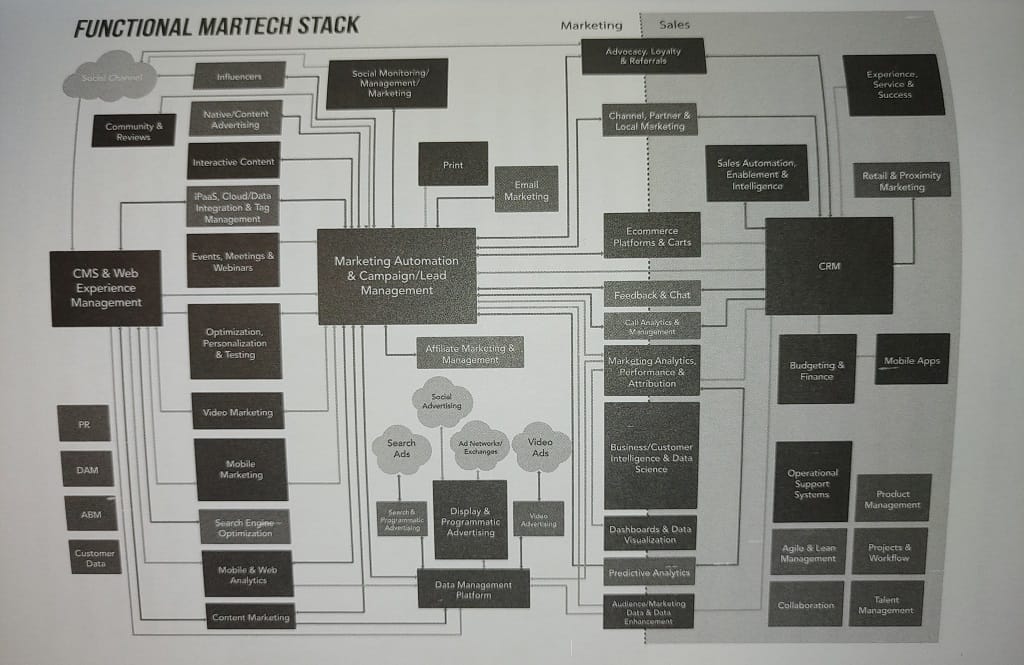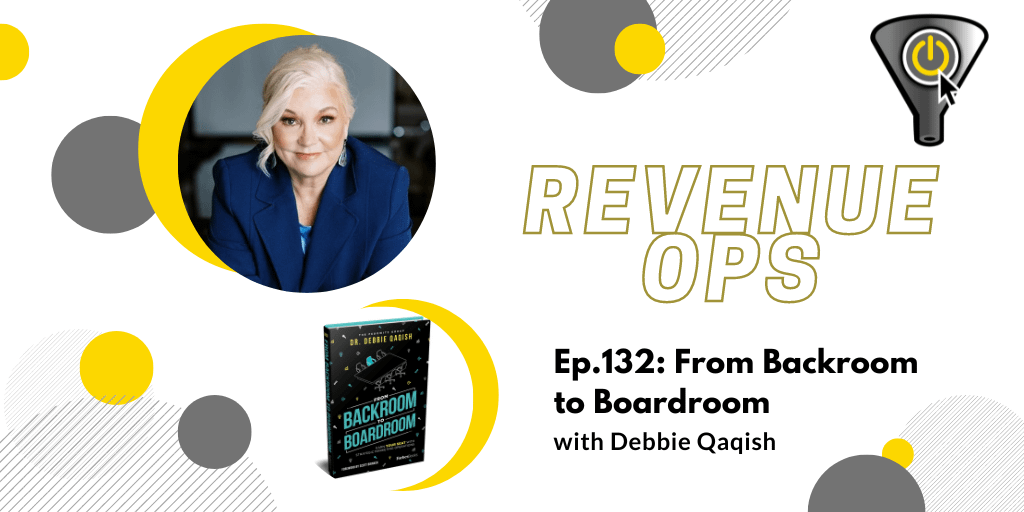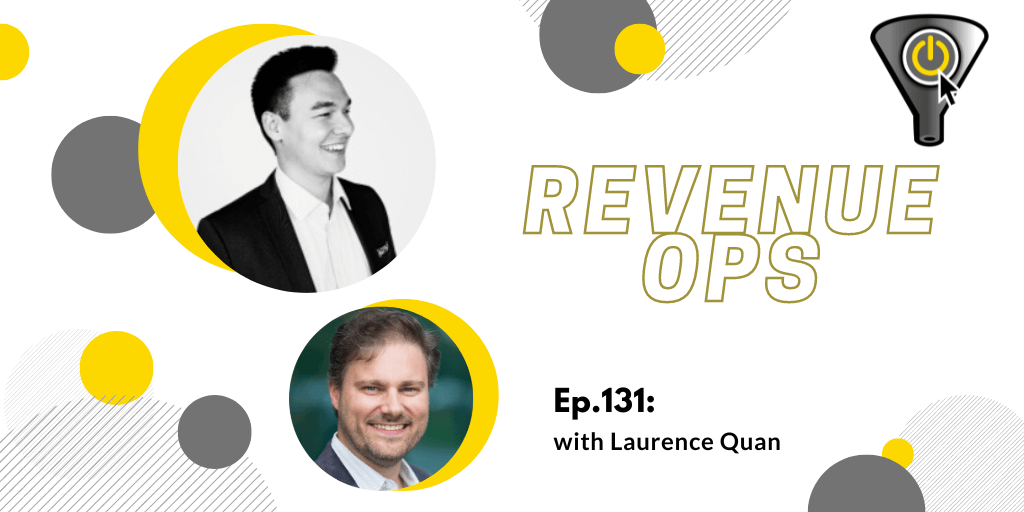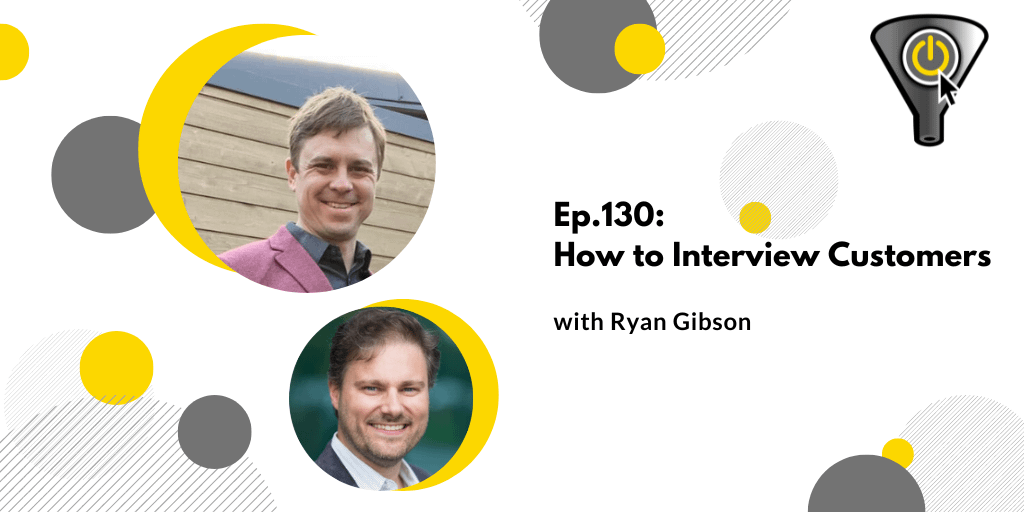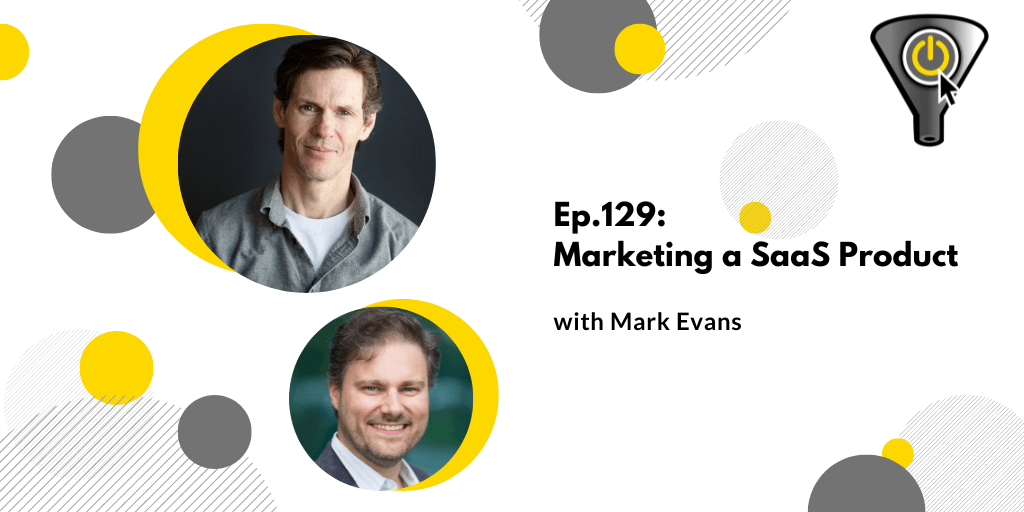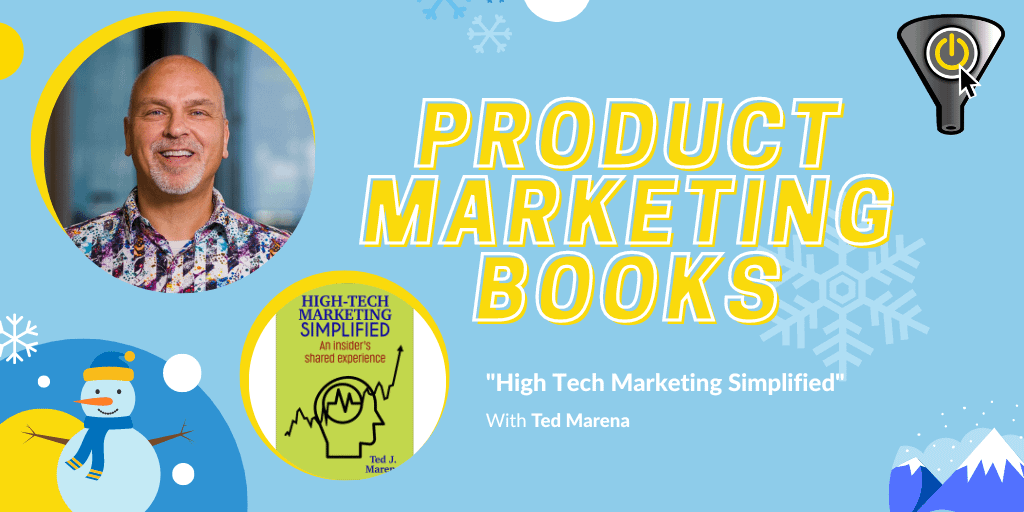This is the second episode in our Revenue Ops series.
As Partner and Chief Strategy Officer of The Pedowitz Group, Dr. Debbie Qaqish has helped marketing teams drive revenue growth, foster customer centricity and lead digital transformation. With a focus on revenue operations, the customer experience and a personalized, omni-channel marketing mix, Dr. Debbie has established herself as a thought leader and digital pioneer, spearheading the overdue shift of traditional marketing strategies to what she coined as “revenue marketing” in 2011. Since then, marketing operations became her area of expertise, devising strategy-to-execution plans that earn marketing a seat at the table.
Dr. Debbie has published over one hundred articles, blogs, podcasts, webinars and white papers and in 2021 published “From Backroom to Boardroom”
Dr. Debbie earned her doctorate in 2019 from the University of Phoenix.
People/Products/Concepts Mentioned in Show
Dr Debbie Qaqish’s personal site
To receive The “From Backroom to Boardroom” eBook, send an email to Debbie
